That primeval feeling!
One night in the Serengeti, I woke from my sleep with a desperate need to pee. Normally, this would not have been an issue, as any wild camper knows, but on that black star-studded night, there was a problem.
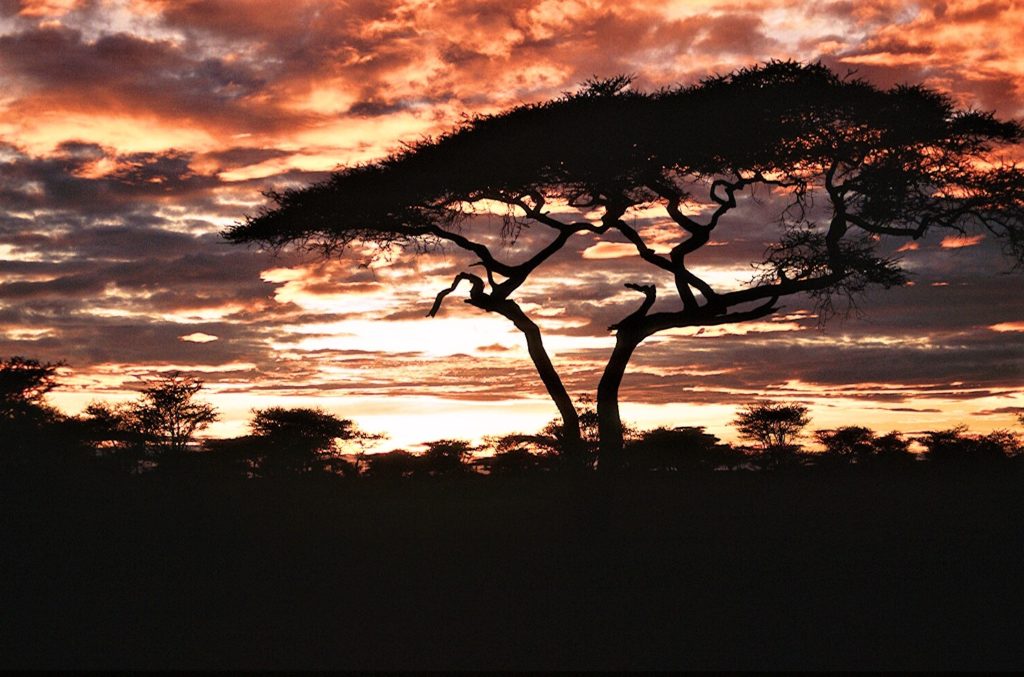
I’m someone who’s generally very confident and comfortable around wild animals and nature – some might say I’m even a little reckless. Even so, as I listened to the constant thrum of insects outside my tent and prepared for a quick relief excursion, a new sound, seemingly from only a few meters away, ripped through the pitch-black darkness. Aaarrrhhhoww, Arrrowwwhhh, Arrrowwhhhh…gradually fading into a series of lower sawing grunts. I froze. There are few more awesome and plain chilling sounds in nature than the sounds of the pride of wild lions, roaring across the open plains.
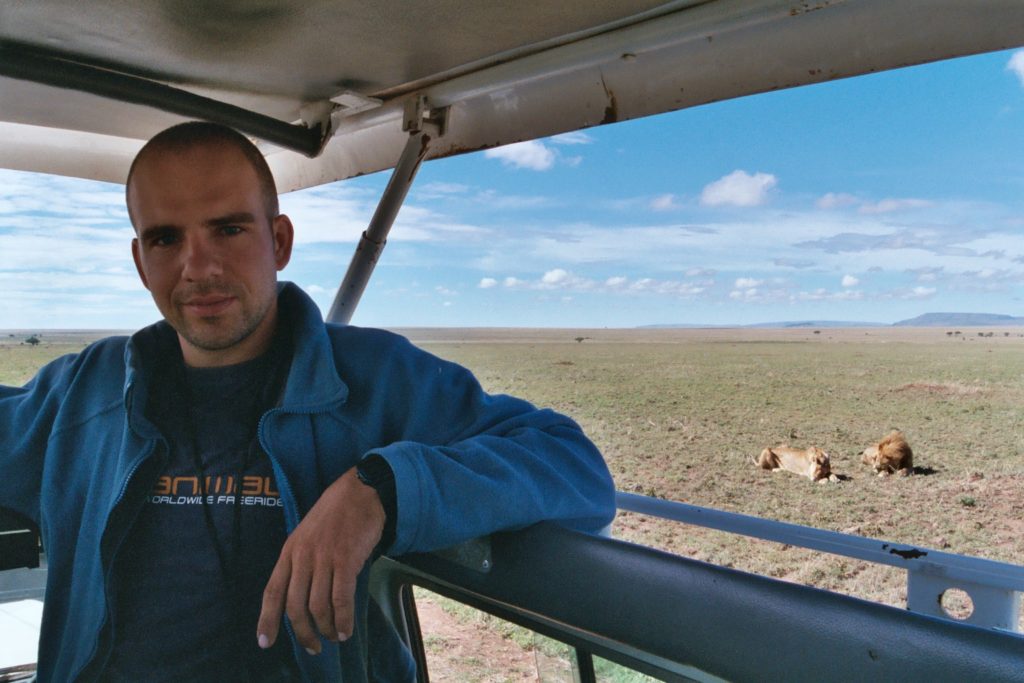
The lion’s roar
On a still night, a lion’s roar can carry 8km, and I’d heard them before, from a distance…but now it seemed these felines had taken up residence in our camp (just our driver/guide, and one backpacker I’d met in Arusha). I’ve happily dived with sharks, swum with crocodiles, come face to face with a puma, and encountered all manner of wild animals in my life, and always with more excitement and curiosity than fear. We humans, after all, are the true ‘deadly animals’ of the earth, the bane and nightmare of all other species.
A very special fear
The thought of emerging from my tent, surrounded by a pride of maybe 20 lions (the males weighing up to 260kg of pure muscle) was too much. In the daytime, I might have chanced it, but at night, I would be basically blind, and the lions, with their incredible vision and far superior senses in every way, would know exactly where I was. Fear kept me in my tent. I can’t remember whether I peed into a bottle or decided to relieve myself in the incredibly cramped porch area of the tent, but for the next hour, I lay silent, awake, and awestruck. I was separated from the lions only by a thin strip of material, listening to the sound that seemed to set the air itself on fire with its primeval power.
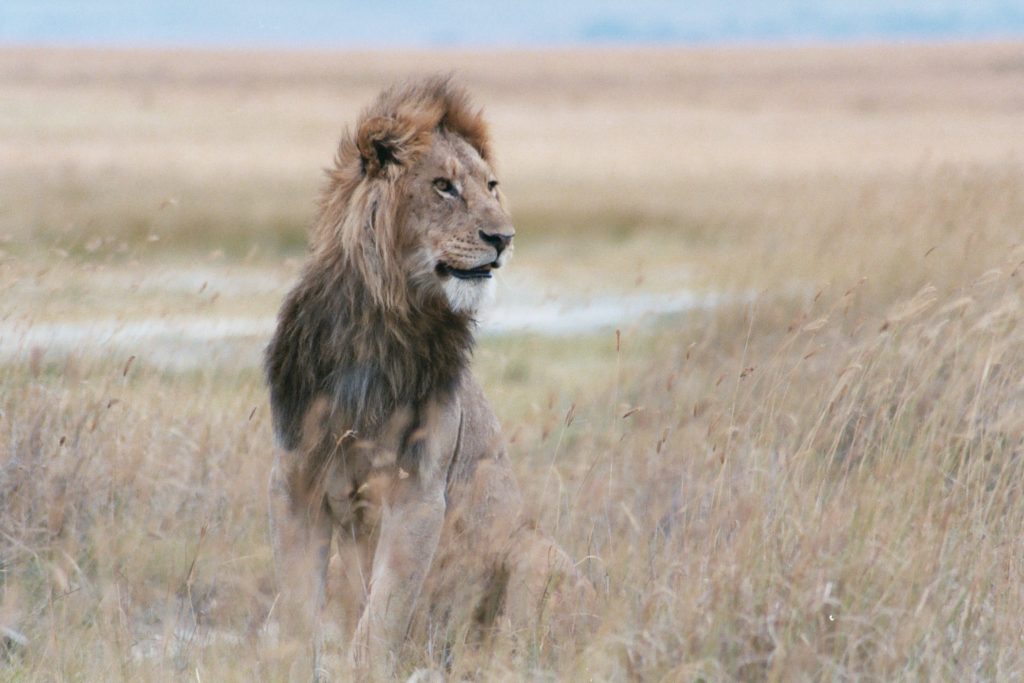
It was an incredible night, one that I will never forget. I believe all people should have the chance to experience something like this, but unfortunately it’s an opportunity that few people will ever know.
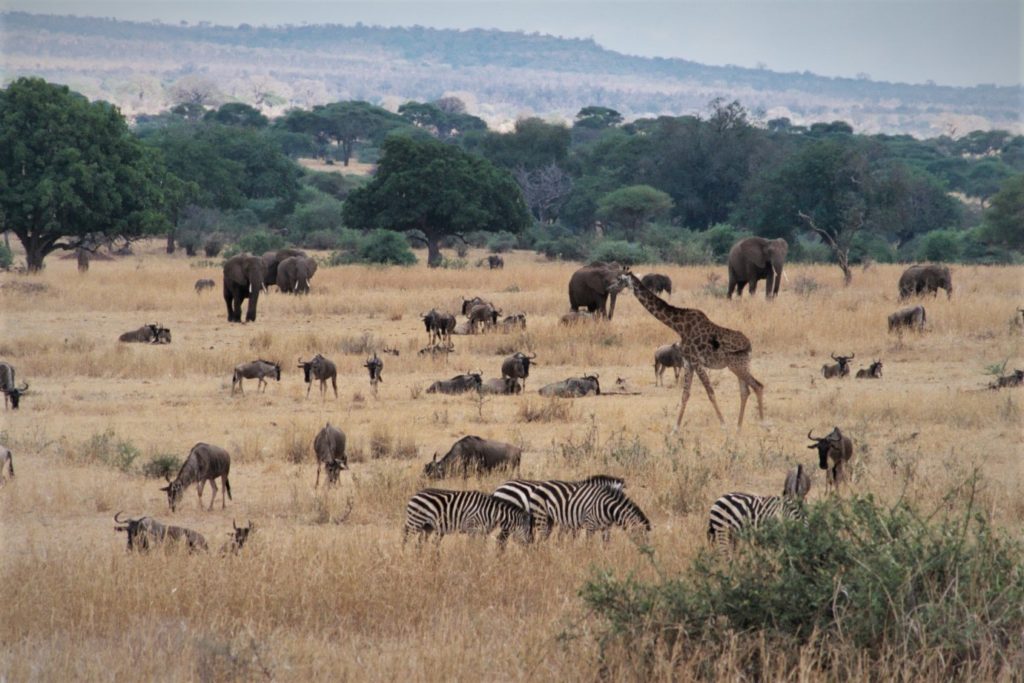
Losing touch
As we have destroyed nature, pushing it back to the fringes of our existence, we have lost touch with it, and I believe we have also lost part of ourselves. We somehow believe that we are above its laws, that we are superior to the millions of other species we share this planet with. The consequences of this philosophy are clear for anyone looking at our world today.
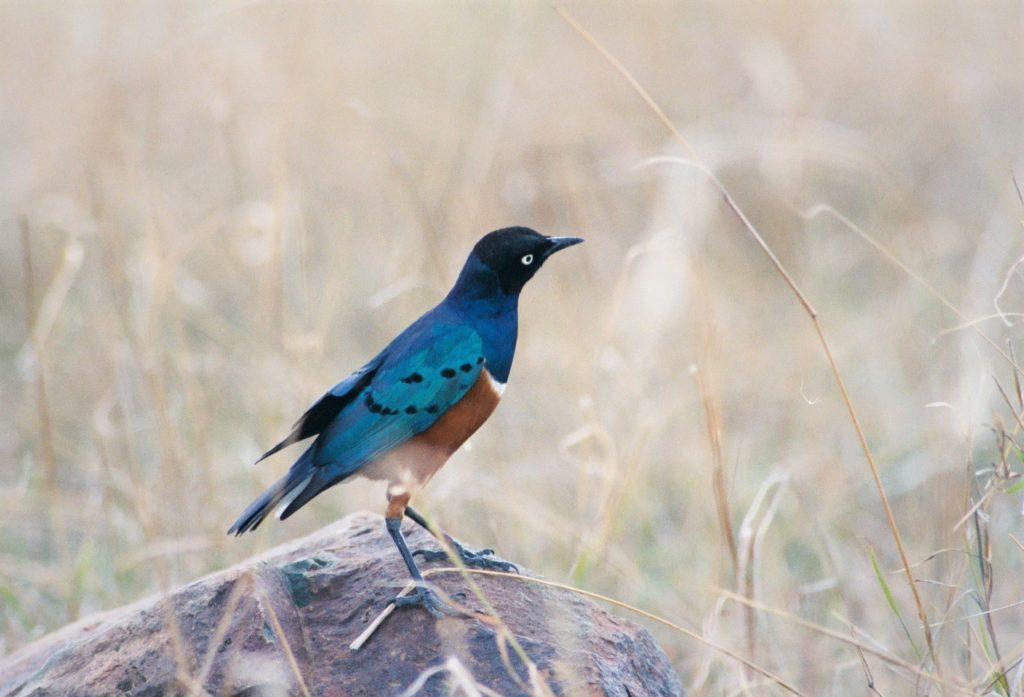
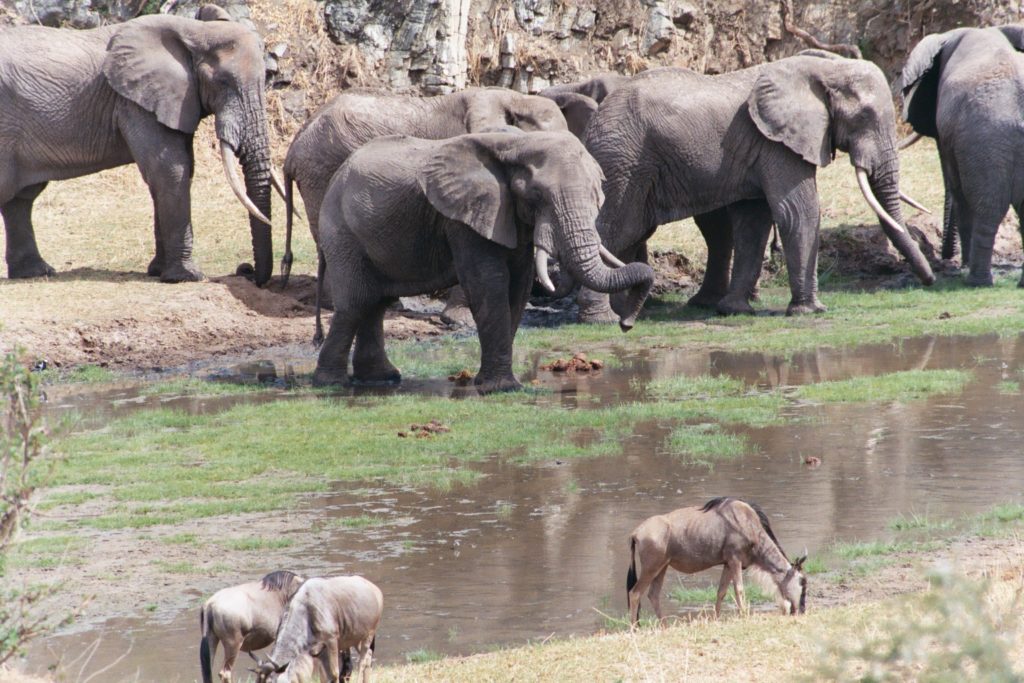
What we have lost
Looking at mammals alone, a recent report concluded that 97% of mammal biomass on earth was now made up of either humans or animals we have domesticated (cows, pigs, sheep, etc). The rest of the more than 6400 mammal species, from mice to elephants and whales on our planet are now confined to that tiny 3%. We have become a plague on our own planet. But this does not help humans either. Whether we like it or not, we need nature to live, but nature does not need us. COVID and the climate crisis are ample demonstrations of this. If we continue on our current path of reckless greed and ‘development’, we will become part of the geological record, just like the dinosaurs – not because of a meteorite or some ‘act of God’, but simply due to our own stupidity and lack of vision. It’s our choice as a species.
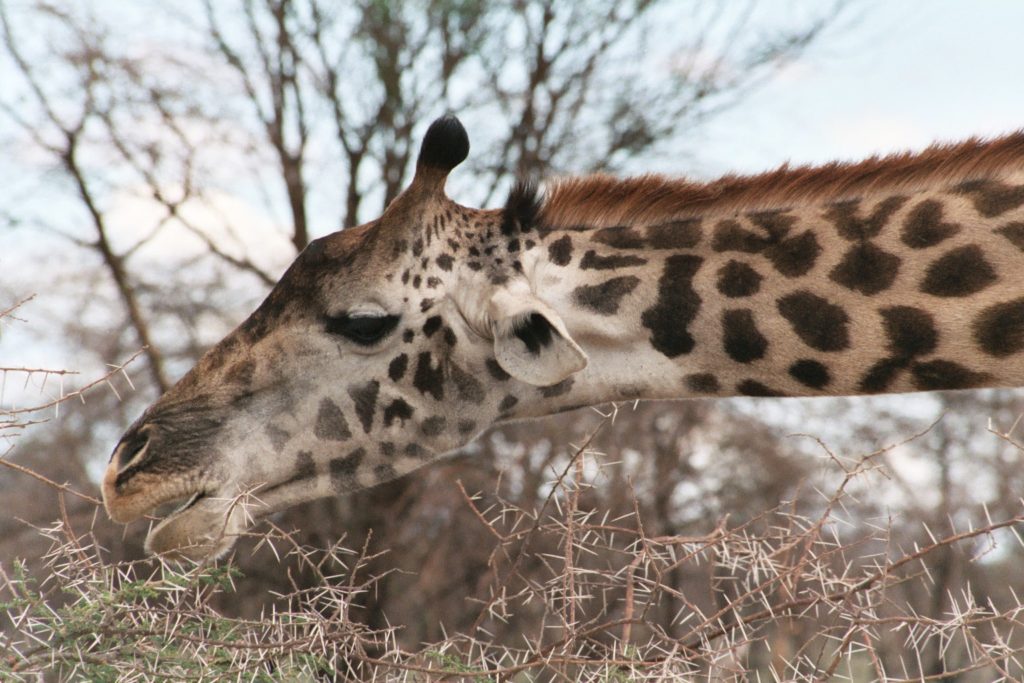
An adventure into the wild
I’d been working as a climbing guide on Mts Meru and Kilimanjaro for the few months before my Serengeti adventure. I’d already been blown away by the incredible wildlife and wild places of Tanzania, and by the warmth and friendliness of the local people that I’d been lucky enough to meet and work with. But I wasn’t going to leave East Africa without a journey to the Serengeti and the Tarangire National Park just to the south. Luckily I met up with my backpacker friend and agreed to split the costs of a stripped-down to basics safari into these legendary wilderness areas.
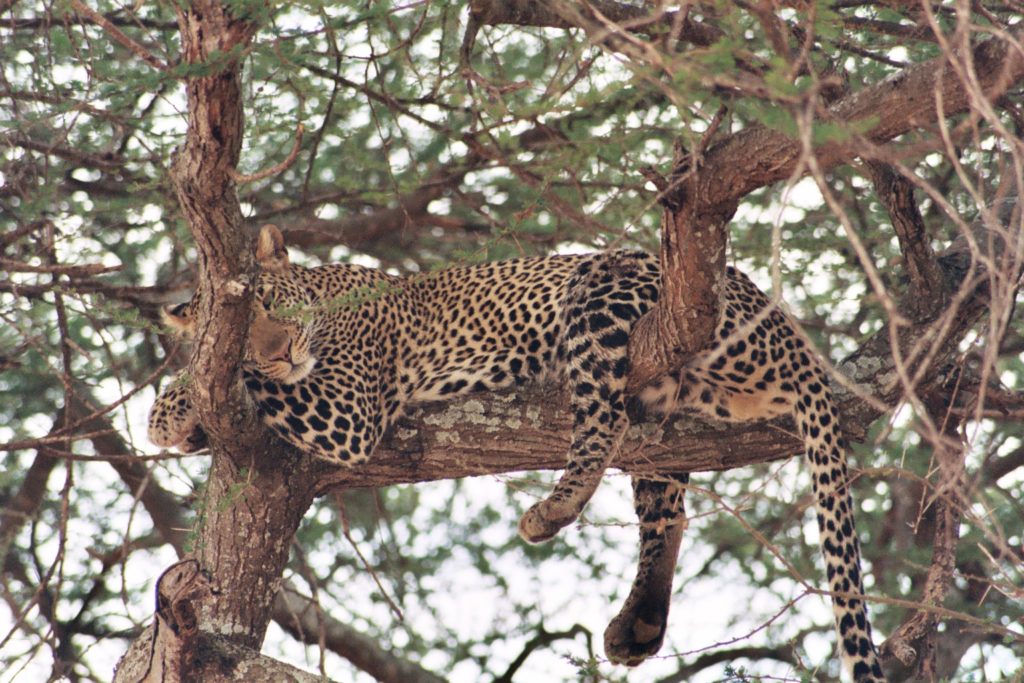
Our place in nature
What instantly strikes you in a place like the Serengeti is that the wildlife seems to be everywhere! Obviously, not all habitats are equal, but once, not that long ago in human history, animals and wildlife were abundant on our beautiful planet. To step into the wild in Europe would mean to walk in forests with wolves, bears, and Eurasian bison. To swim in the Mediterranean Sea meant to swim in the company of dolphins and whales, as images on ancient Greek vases and murals clearly demonstrate. The wild was part of us, and to survive we needed to know our place in amongst nature, not beyond it. Many tribal communities still preserve this knowledge, but for most of us it has been lost, and many young people have rarely ventured beyond the edges of a city – they have never experienced the wild.
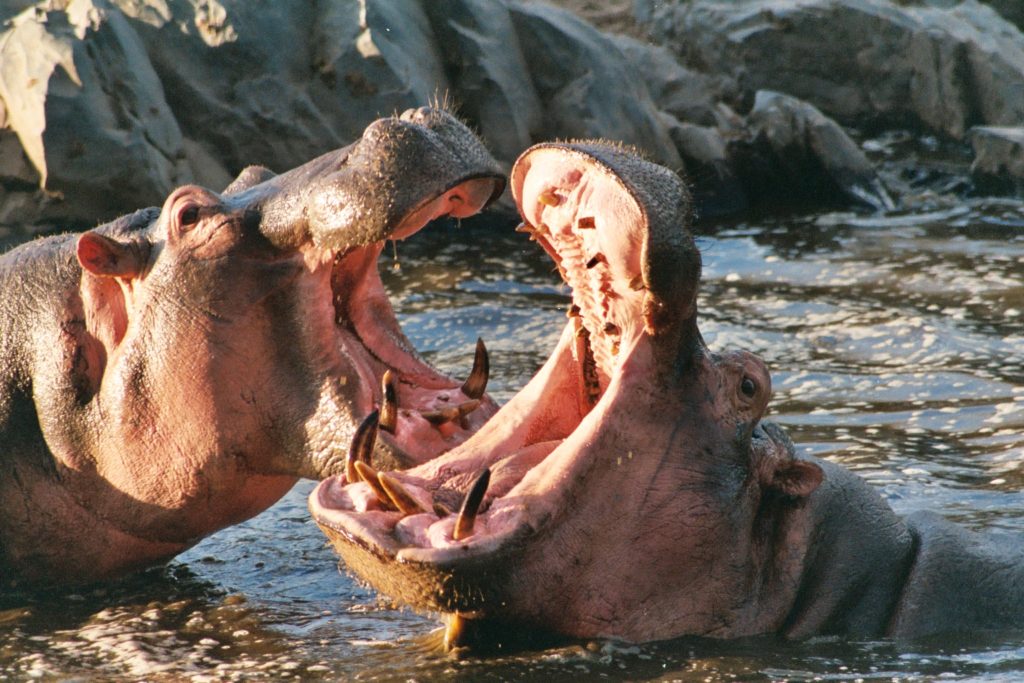
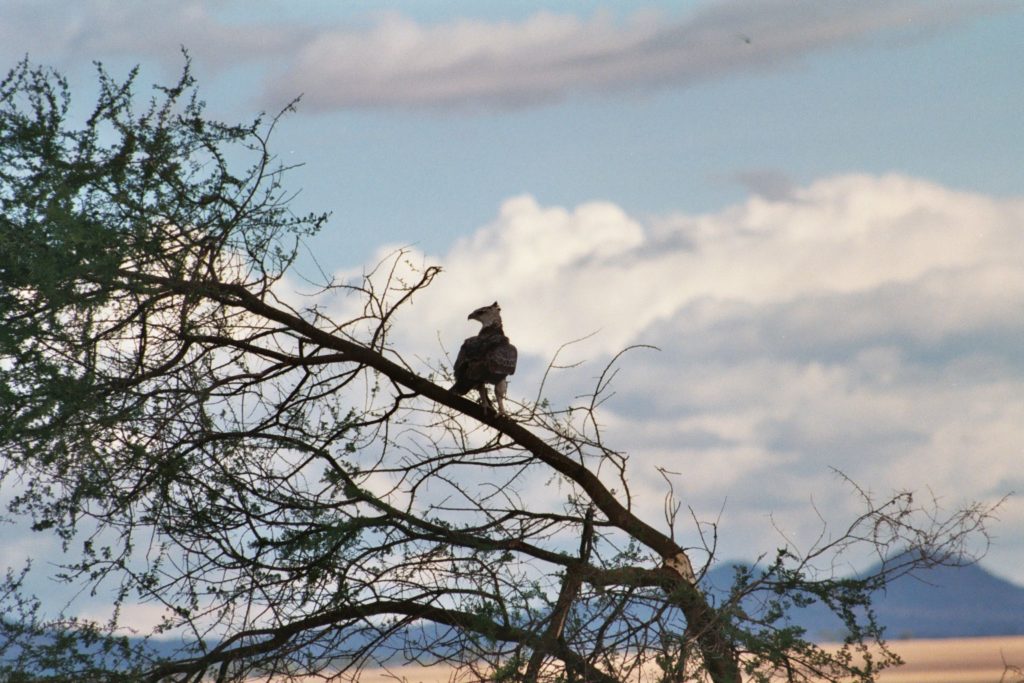
The world as it was
We humans evolved in Africa, surrounded by the roars of lions filling the night. Long ago our ancestors would have felt the same fear, but also the wonder of that sound like I did. During that amazing week on the Serengeti, I was privileged to see lions mating, a leopard snoozing off his meal in a tree, elephants, hippos, and eagles in abundance, and of course, to hear the lion’s roar. It’s now a rare privilege to see a place that still reflects how the world as it once was. We came from this true ‘Garden of Eden’ – we evolved here over millions of years.
Our place in nature
If we are not to extinguish ourselves in the next century, we need to remember nature and our place within it. We are not nature’s masters, but a part of her fabric. That is what that night on the Serengeti taught me. Perhaps, with vision and positive action, we will once again walk in a world that is rich with life, not one that is contaminated, filled with pollution, and on the brink of collapse.
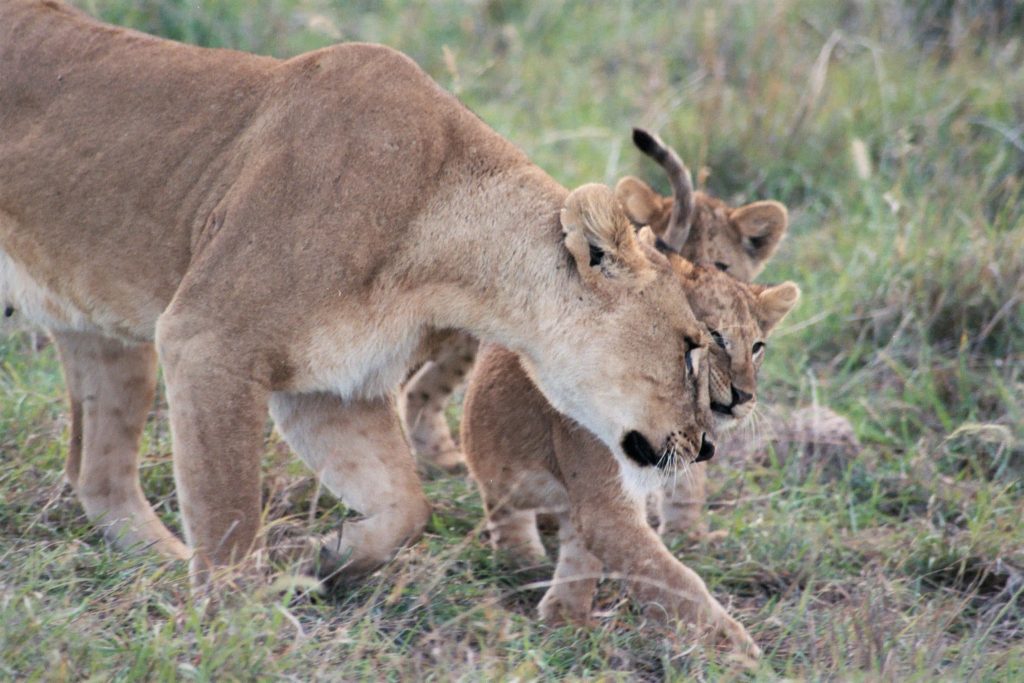
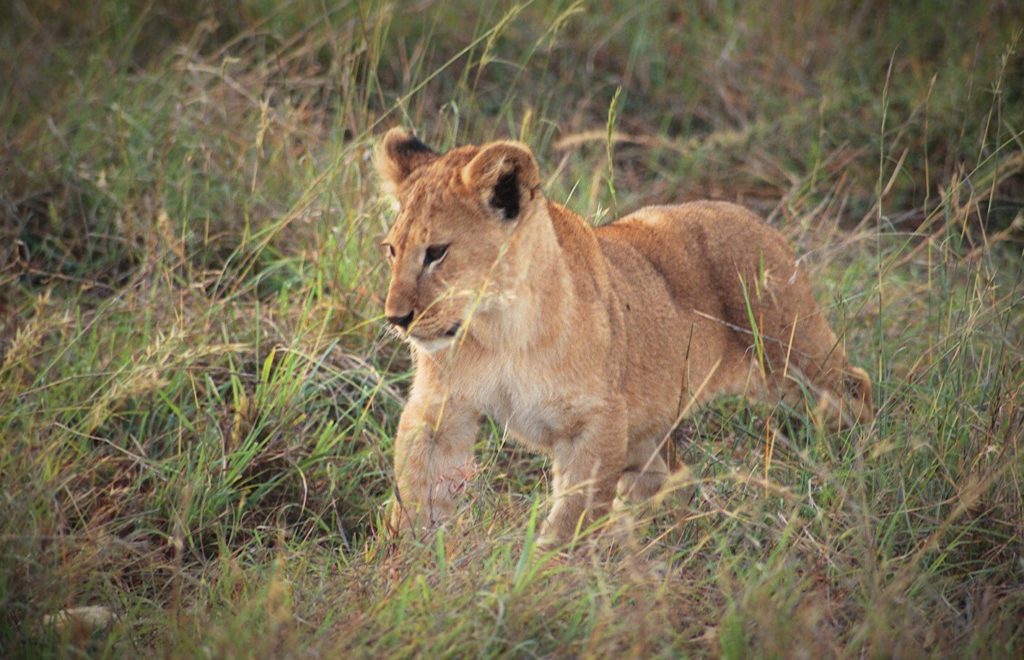
For more conservation stories check out:
LADIES FIRST – TRACKING TIGERS WITH BARDIA’S QUEENS OF THE JUNGLE – The Lacandongringo
Bardia’s Community Conservation Heroes – The Lacandongringo
Land of the Lynx: a weekend of hope and despair in Doñana – The Lacandongringo
Making YOUR difference – small steps towards a greener world – The Lacandongringo
Hope and devastation. A Story of Borneo’s Orangutans – The Lacandongringo
For more information on big cat conservation:
About Born Free – wildlife conservation and welfare charity
Lion | African Wildlife Foundation (awf.org)
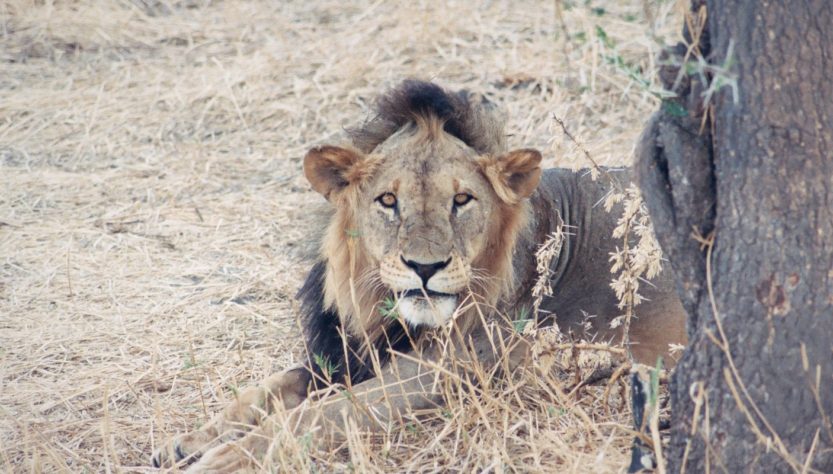
Super article,a wonderful experience
Many thanks Peter, glad you liked it!
Steve
A very poignant article Steve.
Thanks Jane!
Thank you Steve for sharing, your song of fear, and great concern, for what is still a beautiful living planet. Perhaps, this was also the lions song, roaring you to share, with to writing this article. It’s possible, both the lion’s voice and your roaring written article, will awaken them that slumber from their sleep, into action a more conscious living way, with out more extinction of species. Including our own.
Many thanks for your comments Christo, much appreciated…
Wow that sounds like quite the adventure Steve
Yes, it was pretty awesome!
Great article and so true!!
Many thanks Marianne!
Excellent article Steve, informative, exciting and thought provoking- well done. (and the roar of a big cat burned in to my memory forever too!)
Thanks Jason! The roar of a big cat will burn into anyone’s memory I think!
Great article Steve, I really liked it, so full of truths as regards the human race and our position in the nature.
Thanks mate! Much appreciated…